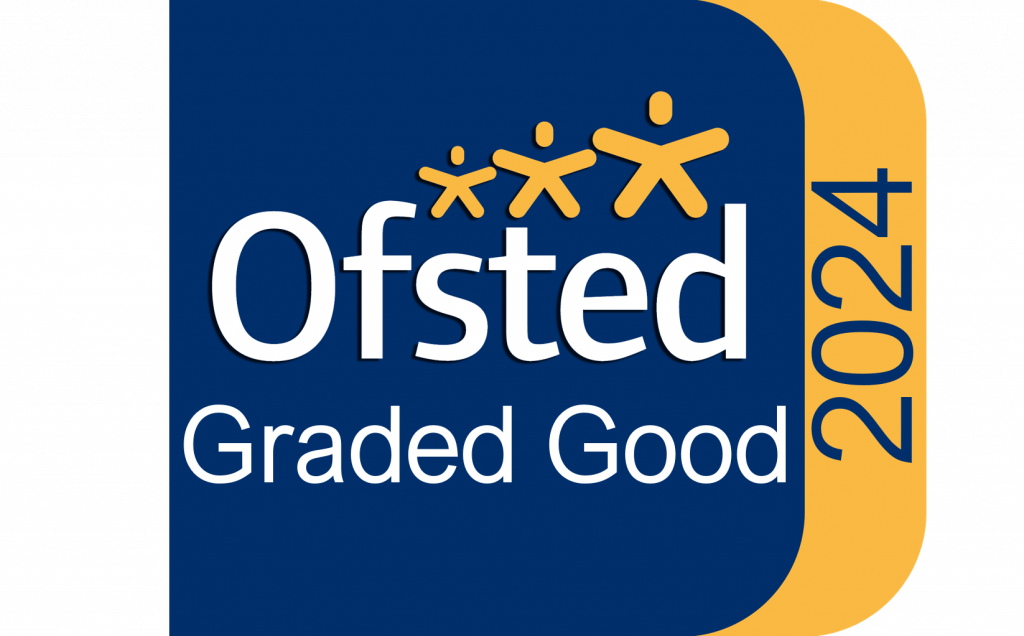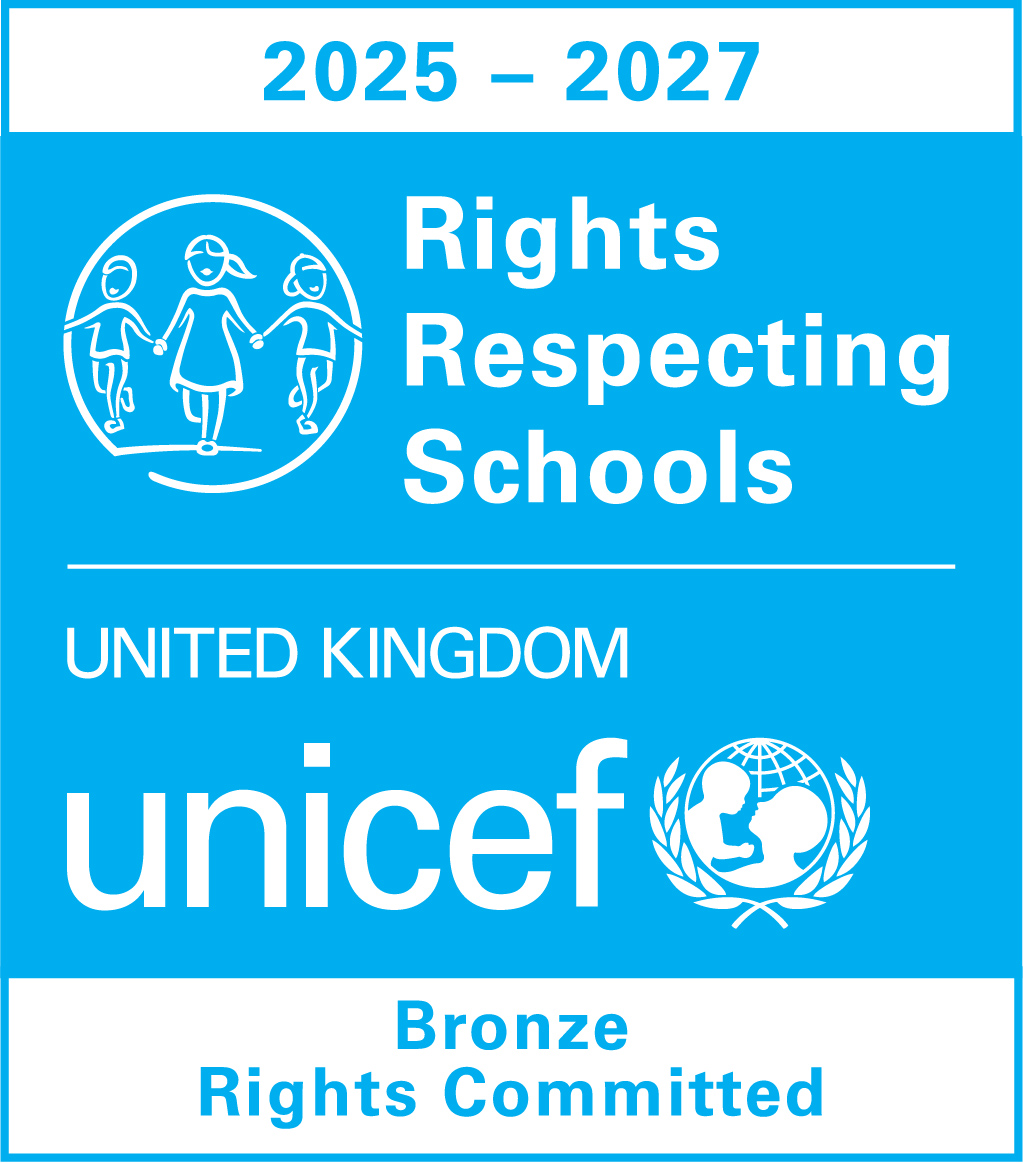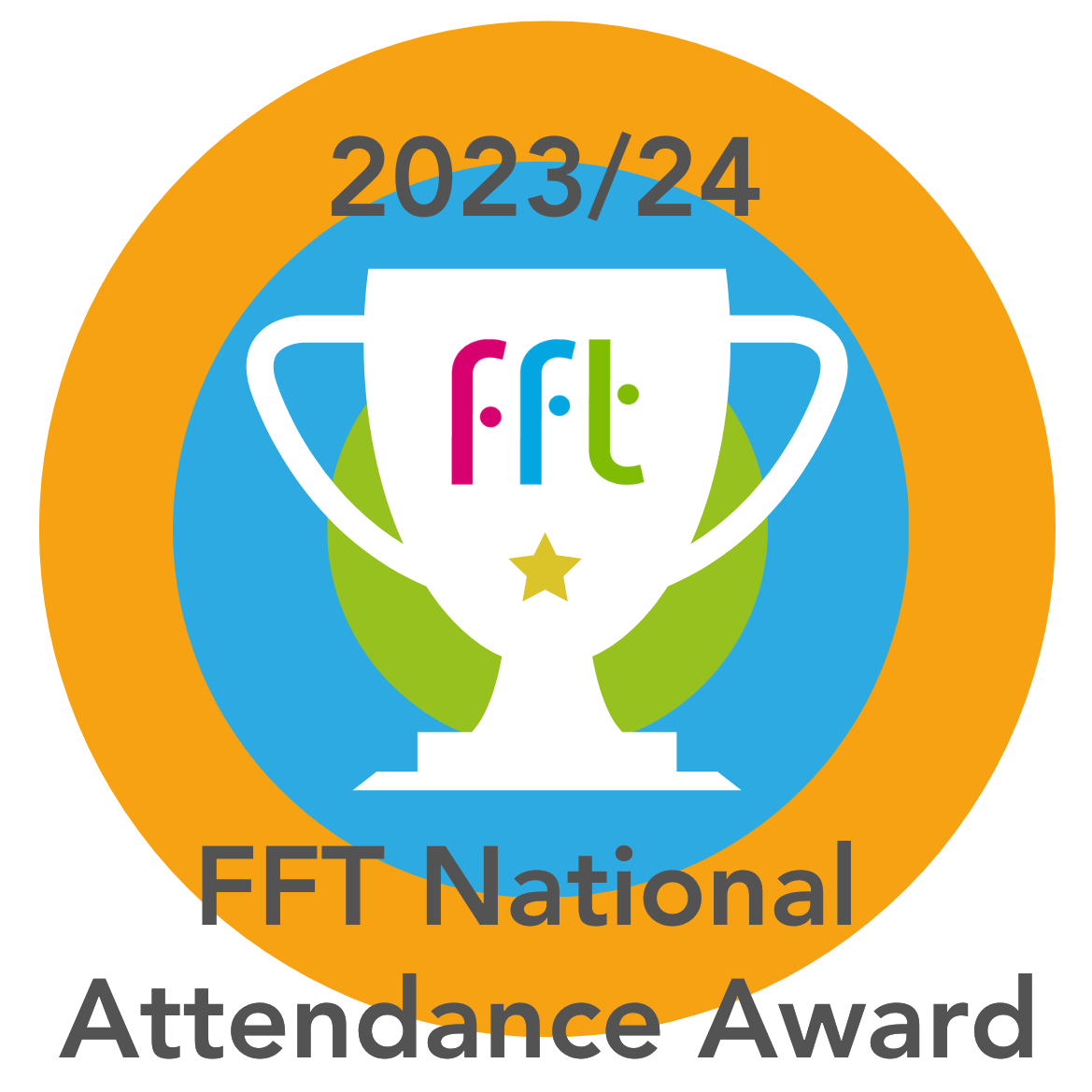School Policies and Statutory Information
School Policies
Please click the links below to open up a PDF on each policy.
Admissions Policy for LaSWAP 2025
Behaviour Policy and Statement of Behaviour Principles
Charging and Remissions Policy
Child Protection Policy and Procedures
Curriculum Implementation Policy
Keeping Children Safe in Education 2024
Complaints Policy and Procedure
Policy Statement on Provider Access
Supporting Students with Medical Conditions
Relationships and Sex Education Policy
Special Educational Needs and Disability Policy
Please contact the school for information about any other school policies.
Supporting Disadvantaged Pupils
The Disadvantaged Pupils' funding (previously Pupil Premium) is additional funding given to schools so that they can support underprivileged students - who may find circumstances outside of school challenging due to financial hardship or other problems - close the attainment gap between them and their peers.
Three groups have been identified :
- Children who are entitled to Free School Meals (or have been anytime during the last six years). These are known as the ‘Ever 6 FSM’;
- Children who have been looked after continuously for more than six months;
- Children of Armed Services personnel.
Music Development Plan
DFE School Performance tables
La Sainte Union Catholic Secondary School DfE data
Keeping children and young people safe from radicalisation and extremism
Advice for Parents and Carers
Introduction
There have been many reports in the media recently of young people being targeted by adults and peers who hold extreme views that advocate violence. Some young people have been persuaded to leave the country in secret and against the wishes of their family, putting themselves in extreme danger as a result.
This leaflet aims to help parents and carers recognise when their child may be at risk from radicalisation and where to get help if they are worried.
If you need a copy of this booklet in another language please contact the Camden Safeguarding Children Board on 020 7974 8716.
What is radicalisation and extremism?
‘Extremism’ is where someone holds views that are intolerant of people who are of a different belief, ethnicity, culture, religion, gender or sexual identity. The government also includes calls for the death of members of the armed forces, both in this country and abroad as part of this definition. Extremists may try to force their views on others and in some cases, may believe that these views can justify the use of violence in order to achieve certain aims.
‘Radicalisation’ is the process by which a person comes to support terrorism and extremist ideologies associated with terrorist groups. Extremists will try to attract people to their cause by persuading them that their view of the world is the correct view and encouraging them to take action to change the world to fit these extremist views.
Britain is a democratic country where the principles of tolerance and mutual respect for people of all faiths and beliefs, including non-belief, are upheld by the law. Those who hold extremist views and advocate violence go against these fundamental principles.
For young people, a key part of growing up is exploring new ideas and critically questioning the world around them, and this should be encouraged in order to help them develop their understanding of the world and learn the values of tolerance and acceptance. However, this needs to be balanced against the need to protect young people from radicalisation and extremism.
To read the full bulletin click here.Please click here to view further advice for parents/carers
Financial compliance information
Financial benchmarking information
https://financial-benchmarking-and-insights-tool.education.gov.uk/school/100059
Salary bands
| Amount | Number of employees |
| £110,000 – £120,000 |
1 |
| £ 100,000 – 110,000 | 0 |



















